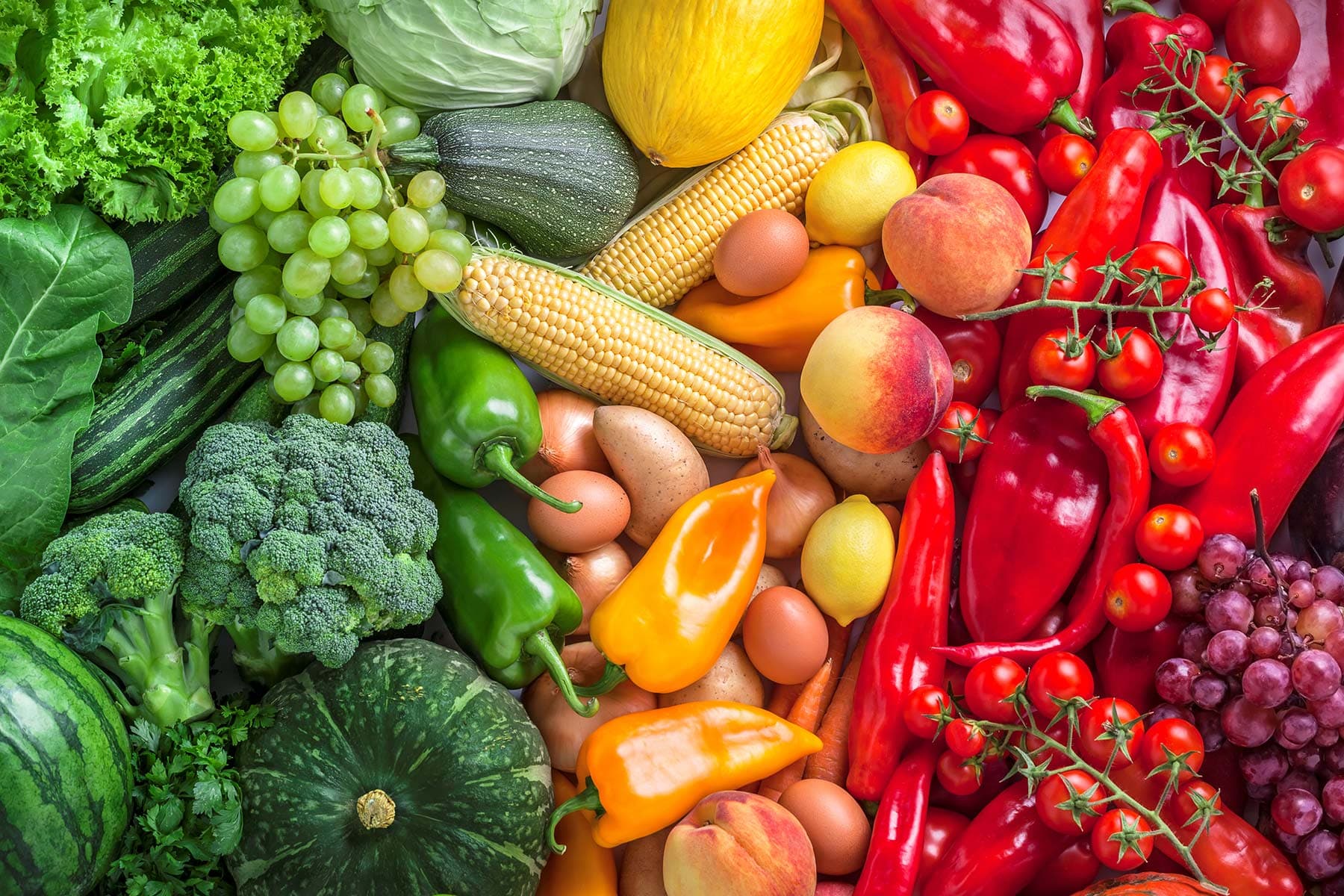The importance of fruits and vegetables cannot be overemphasised, as they are essential part of a healthy diet. Findings have validated it over and over that a diet rich in vegetables and fruits can lower blood pressure, reduce the risk of heart disease and stroke and prevent some types of cancer. They provide vitamins, minerals and filling fiber without tons of calories, saturated fat, or sodium. Unfortunately, most people are fond of peeling their potatoes, bananas, cashews, etc., before washing them.
While you may be so anxious to enjoy your vegetables and fruits, the Centre for Disease Control and Prevention (CDC), US, said it is important for you to know that peeling them before washing is a bad idea and this may cause some serious illness.

“When you peel a vegetable or piece of fruit that hasn’t been washed, you can transfer bacteria on the outside of that item directly onto the flesh you’re about to consume.
“Despite their reputation for being healthy, fruits and vegetables can present serious health risks if not prepared properly. In fact, plant produce are among the top contributors to foodborne illnesses caused by Salmonella, E. coli, and Listeria each year.
“If you happen to be peeling fruit prior to washing it, you may increase your risk of consuming food that’s been contaminated with these bacteria, which can make you seriously sick or worse. Approximately 420 people die from Salmonella, 100 people die from E. col, and 260 people die from Listeria in the U.S. each year, the CDC stated.
While the U.S. Food & Drug Administration (FDA) does recommend washing produce with running water and scrubbing firm fruits and vegetables with a clean brush prior to consuming them, there are certain methods of cleaning your produce that could be putting your health at risk.
“Produce is porous. Soap and household detergents can be absorbed by fruits and vegetables, despite thorough rinsing, and can make you sick. Also, the safety of the residues of commercial produce washes is not known and their effectiveness has not been tested,” the FDA cautions.
Even if you’ve thoroughly cleaned a piece of produce, experts say there are parts of those fruits and vegetables you may still want to avoid eating.
Both the CDC and FDA recommend cutting out any parts of your fruits or vegetables that appear to be bruised or otherwise damaged. “Bruises and cuts may allow pathogens to enter a fruit or vegetable, and damaged produce typically spoils faster,” Rebecca Dittmar, coordinator of the Food Protection Management Program at the Texas A&M University College of Agriculture & Life Sciences explained in an interview with AgriLife Today.










